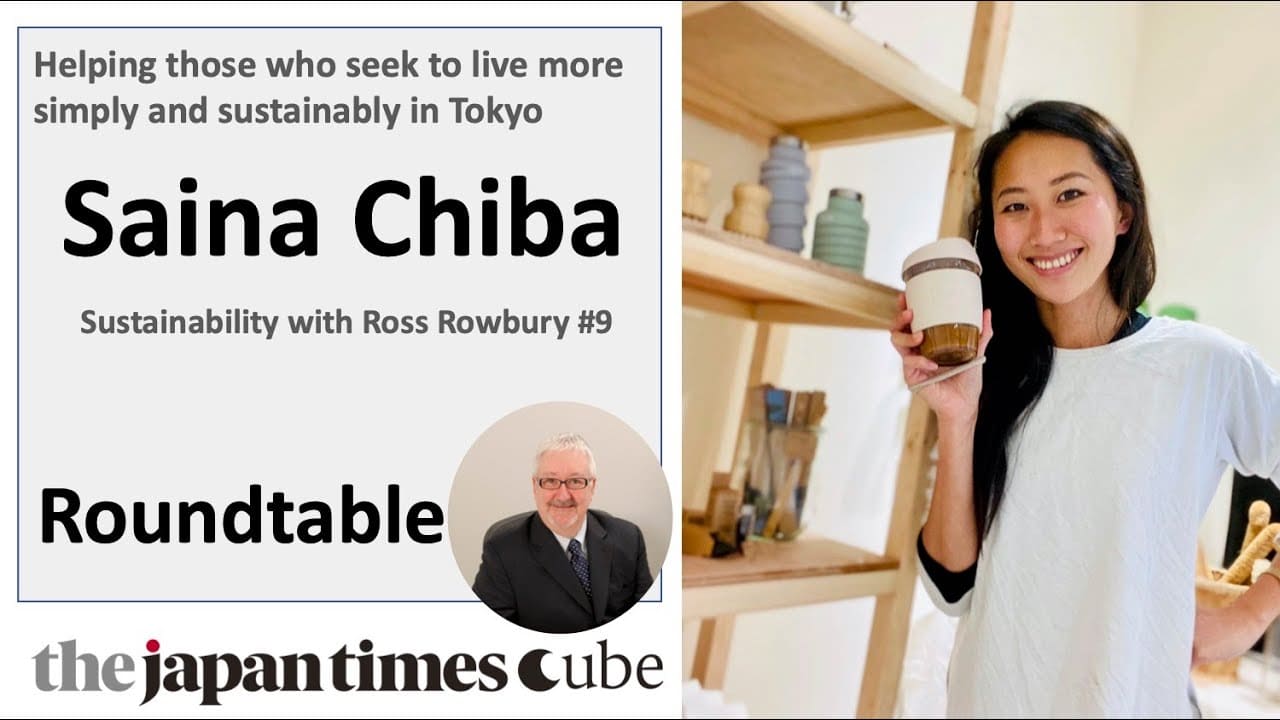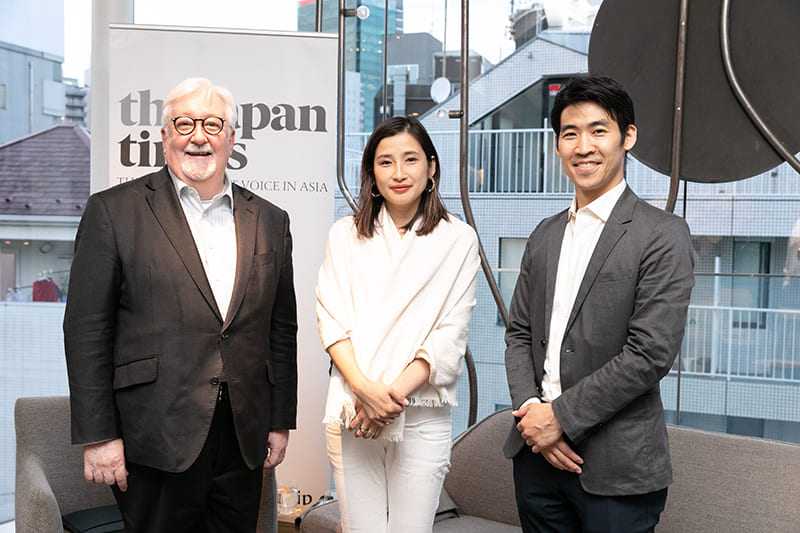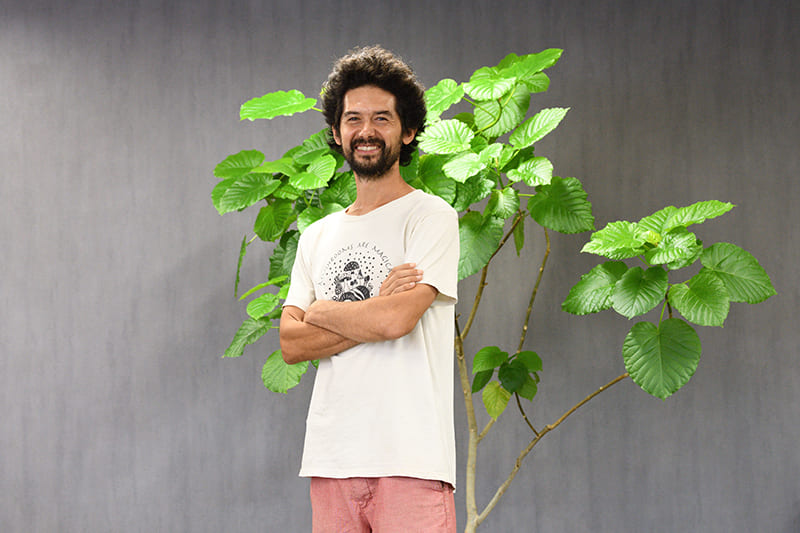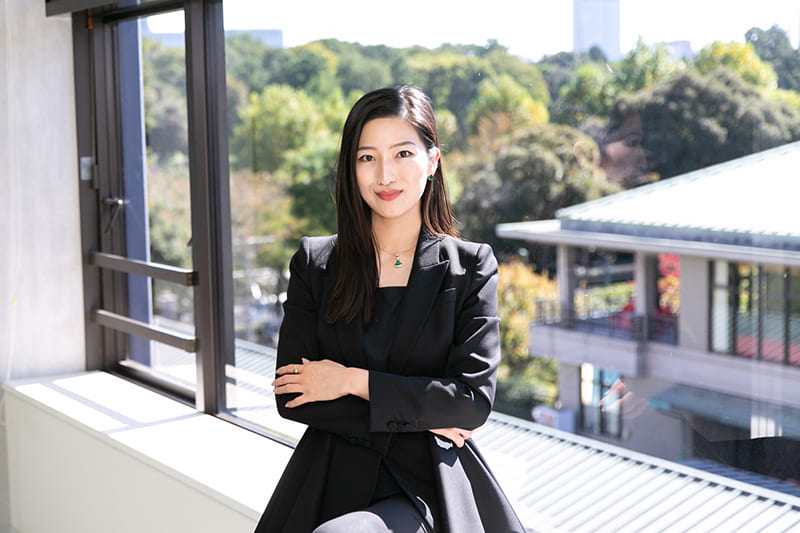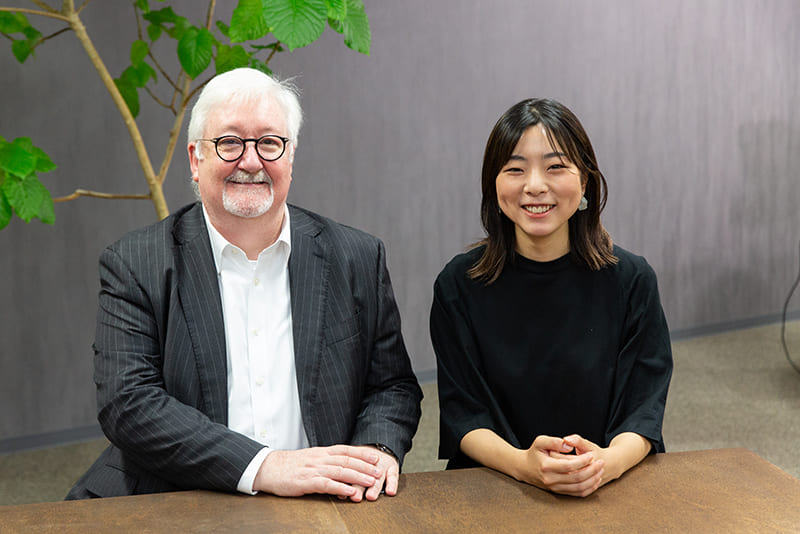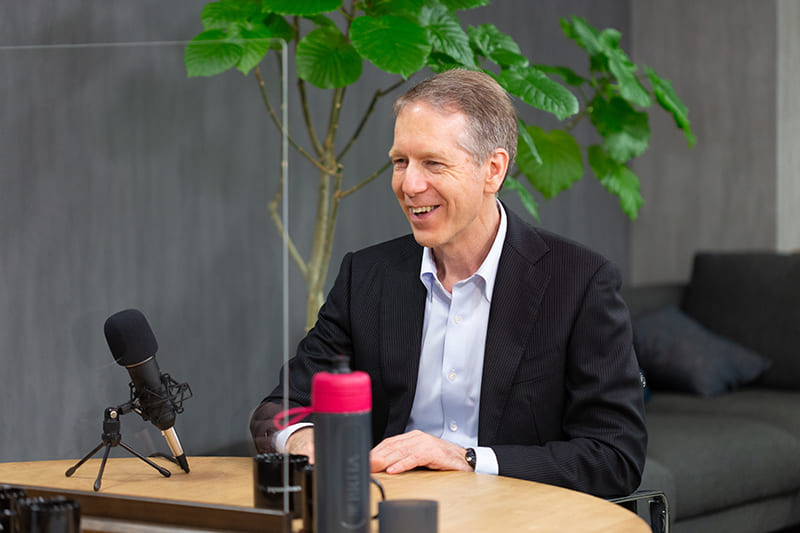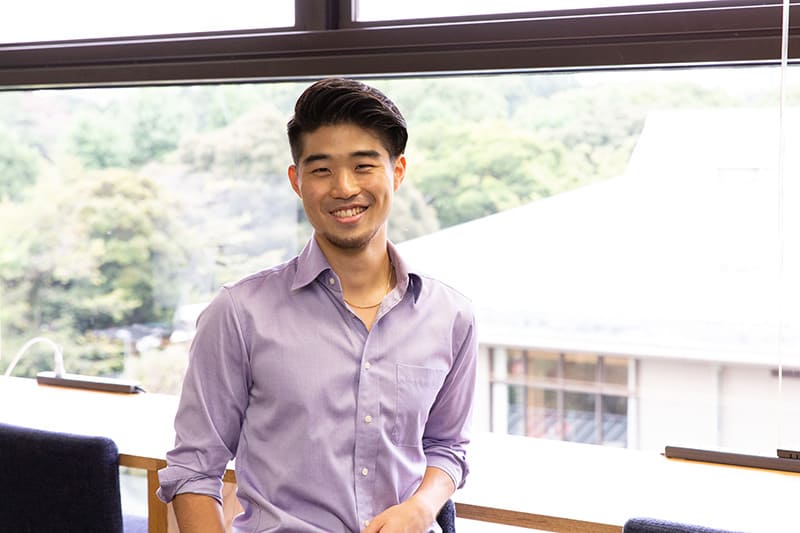July 02, 2021
Enterprising moms make a big impact by living small
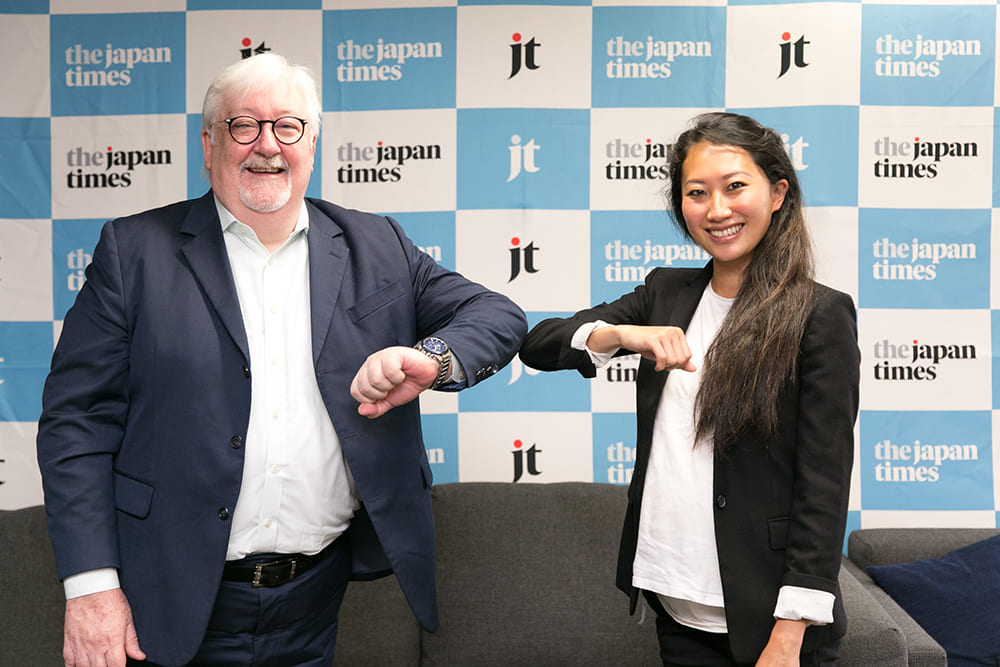
Last year, at the weekly farmers market near Omotesando Station, two stars were born.
Standing behind a booth stood two Japanese women with bright smiles, loud laughs and the kind of “aw shucks” energy exclusive to newcomers. Above them was a simple black-and-white sign: “minimal living tokyo.” Arrayed in front of them were a range of small, perfect objects, the kind you didn’t know you needed … but once you saw them, you did. Bamboo toothbrushes. Simple soaps that came without packaging. Beauty products that offered purity, with ingredients ethically sourced. What they were selling cut through assumptions: that waste is necessary, that surface gloss is required. The objects were small choices that felt good because they were good.
One of the women had a 4-kilogram baby slung to her chest and was frankly sweaty. Her hair was a bit of a mess and her clothes were more California beach bum than Omotesando mom, but that was part of the charm.
People walking by stopped. A crowd formed, and didn’t dissipate until late in the day. Instagram pics were taken. Products were sold. What they achieved that day was a milestone. Minimal living tokyo, the business two moms had started six months prior, would now operate at a new level.
Since that appearance, the two moms have kept going. They appeared at more farmers markets, posted homemade product shots and made live feeds complete with baby appearances and bad hair days. And they continued to find products that captured ethical consumers’ eyes, growing with slow but with uninterrupted success.
Mom, entrepreneur, activist
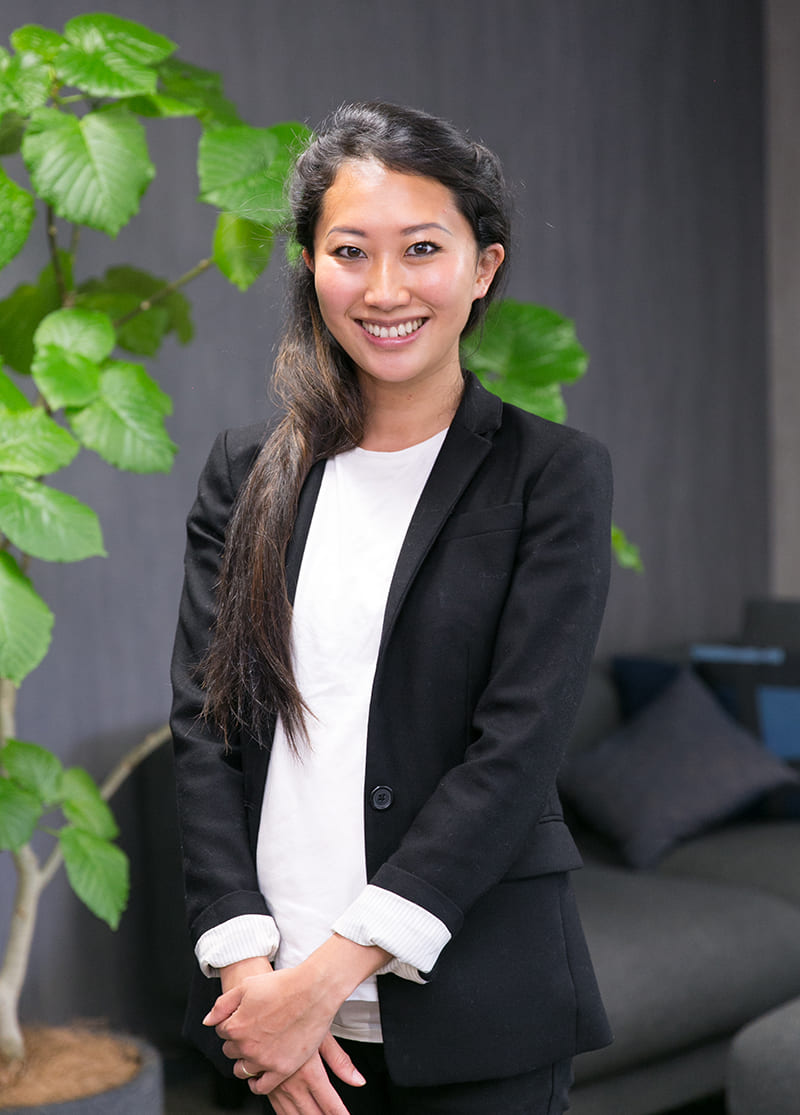
Saina Chiba, that busy mom, was the chosen guest for the June edition of the Japan Times Roundtable: Sustainability with Ross Rowbury. Their conversation went through her story and the inspiration behind their business, which she, together with her partner Eri, have grown for two years while both cared for their children. Her story shows the power of intentional entrepreneurship and the resonance such purpose can create with consumers. Her success proves the research correct: that Japanese society now ranks environmental impact as one of the key factors in purchasing products.
I want that here!
Chiba and her co-founder, Eri Akai, paused successful careers to raise children. While being busy caring for their young, they realized they had a niche waiting for them right in their own sustainability values. “I spent my college days (in Vancouver) thinking that sustainability was the norm,” she said. “But when I came back to Tokyo, I realized that living like that is just not as available. I had to go out of my way to live more sustainably.”
Chiba and Akai thought their personal choices might resonate with other Japanese people. “We were like: OK. Why don’t we start a shop that provides all these options for people like us, who want to create a better, more sustainable world for their kids and the generations that come,” Chiba said.
Products make people talk
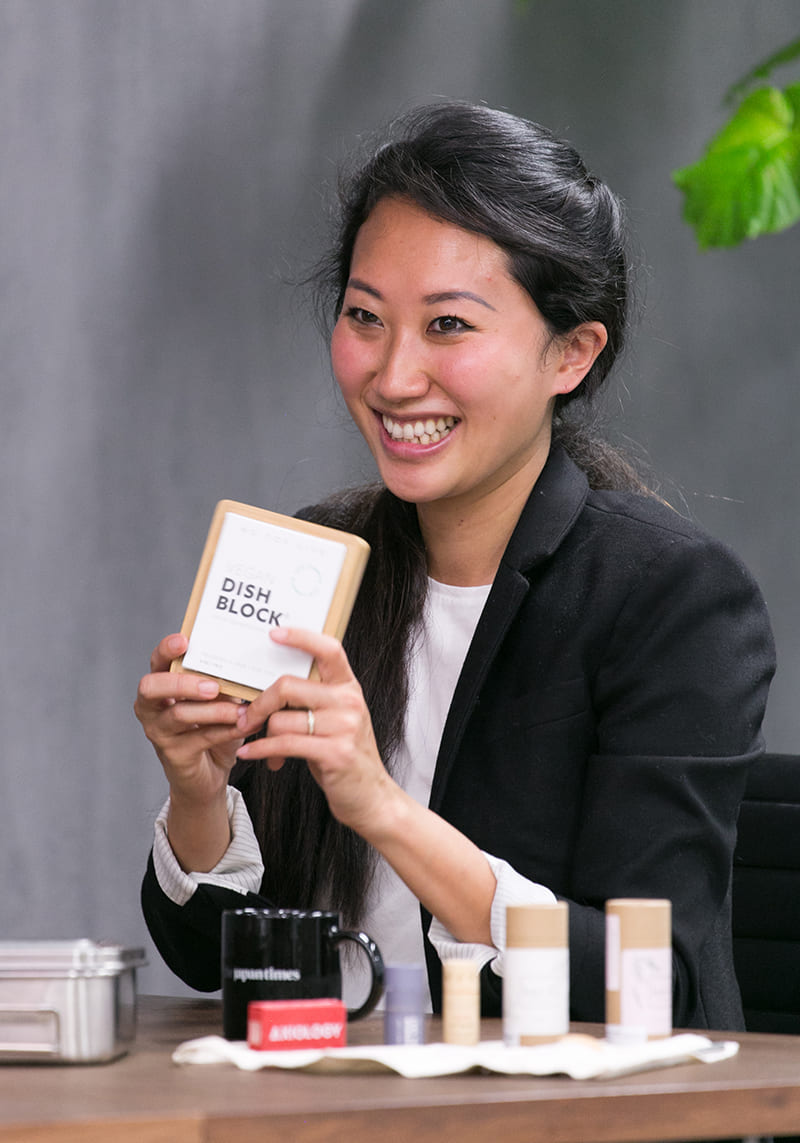
As they made this decision, they made it their mission to make “eco” options more available to the Japanese consumer. And a shift in consumer values was happening. “Now being ‘eco’ isn’t about living in a commune,” Chiba said. “Even living in the city, being a total city person, like myself, you can live a very sustainable lifestyle, reduce your footprint, reduce your waste and make changes that way.”
The range they created had simple rules. “All of our products are 100% plastic-free. All of our products also come in biodegradable packaging. And none of our products are single-use-based,” Chiba said. “So that everything is made to last. We also make sure all our products are palm-oil-free.” As they hunted for the right products to sell, they also noted products’ popularity and sought for products that “people would want here but can’t get.”
The results: products that start conversations. An example is their solid bar dish soap and shampoo. Chiba’s eyes lit up when explaining the product: “What’s insane is that most dish soaps are, like, 95% water! So we’re shipping all this water all over the world!”
Sustainability is now beautiful
Another trend minimal living tokyo recognized: The beauty category is changing. Chiba laughed at this: “It was assumed that selling beauty products needs glamour and perfection, with this glossy packaging that means, ‘this product is expensive.’” No more. minimal living tokyo’s products come with zero-waste packaging: Lipsticks without plastic tubes, balms without plastic push-up wheels. And instead of models, these products are modeled by two moms smiling in their homes. Filter-free and friendly is now as effective as glamour.
Construction vs. the people
It is a sad irony that as the Japanese government continues to systematically ravage its own environment, today the Japanese people profess to be almost uniformly concerned with environmental impact in the products they choose.
Every year, Japanese forests are clear cut to plant the useless and toxic sugi (cryptomeria) tree. Over 70% of the Japanese coastline has already been ruined with concrete, with more poured every year. And while every major river has already been dammed once, more dams and chutes are built every year.
The people, helpless to stop or undo this damage, are now trying to effect change through their consumer spending. “There’s a gradual shift in the generations,” Chiba said. “My mom is all single-use everything. It’s cheaper, it’s lighter, it’s clean. But their children grow up seeing all this waste. And we start to think, wow! There has to be something to be done, because what happens with our kids. I just found the millennial generation is less about producing money, but making an impact, something more mission-driven.”
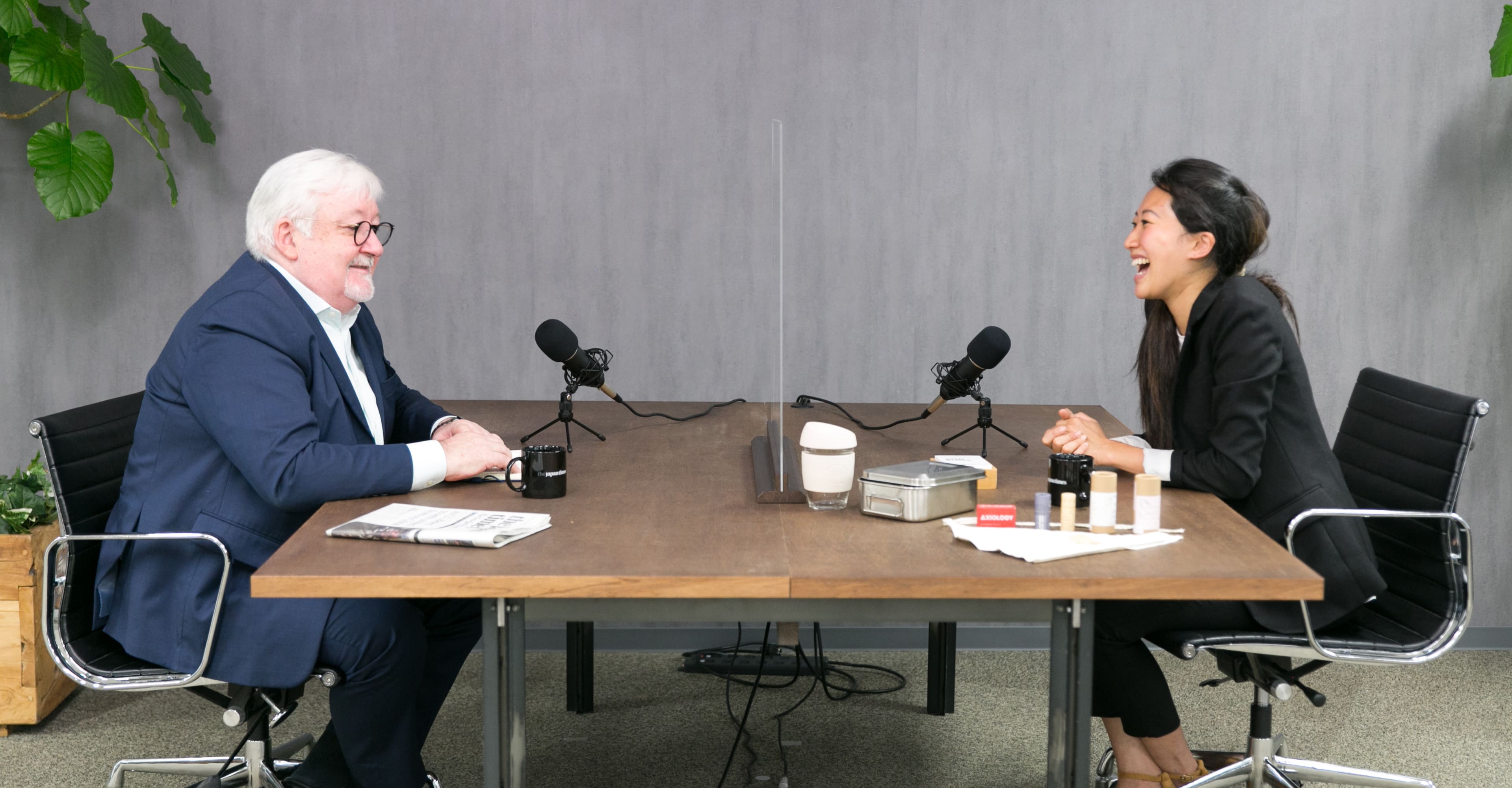
The new luxury
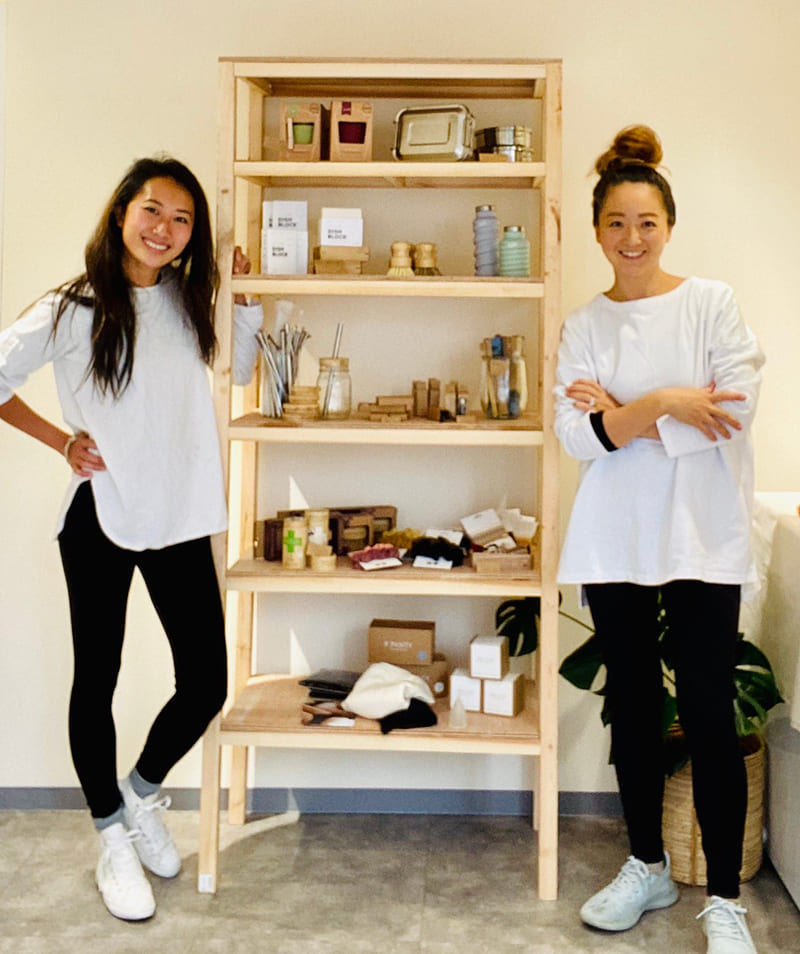
The founders of minimal living tokyo live what they sell. Instead of fancy “influencer” events, Chiba and Akai are doing mucky but fun beach cleanups. Instead of asking which celebrity started a beauty product, they ask which local community gathered its ingredients. This authenticity goes far beyond a quote post on Instagram. Consumers want to join them in their purpose to live with less waste and harmful additives in their homes.
The exponential success of minimal living tokyo is a warning shot across the bow of Japanese corporations and bureaucracies. For decades, they have thrived on the destruction of the environment. Dumping waste, destroying forests and wrapping the smallest products in layers of plastic was how they made their money. But the Japanese people are waking up.
Today, the Japanese people are cleaning up their homes. Tomorrow, they may become more ambitious.

